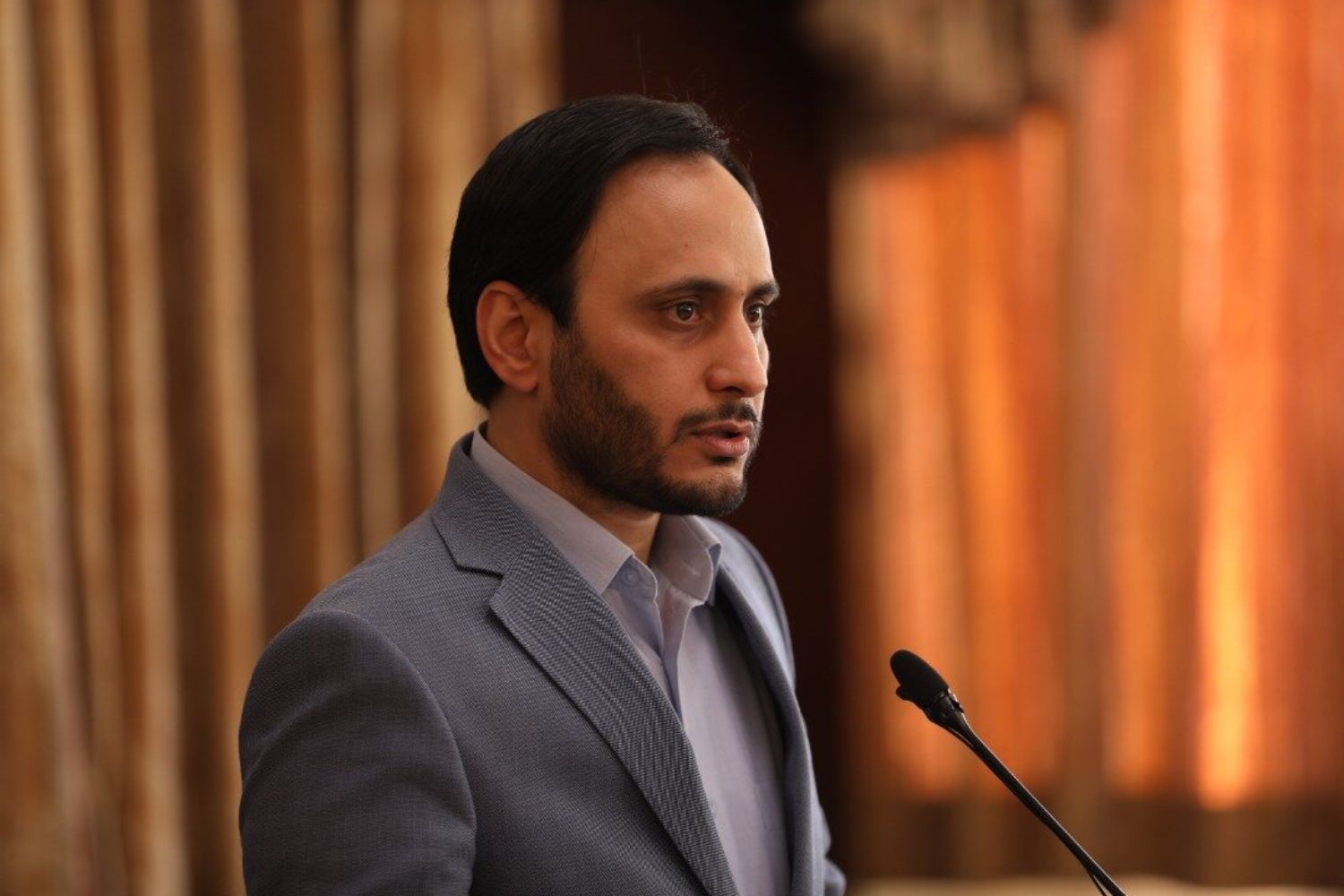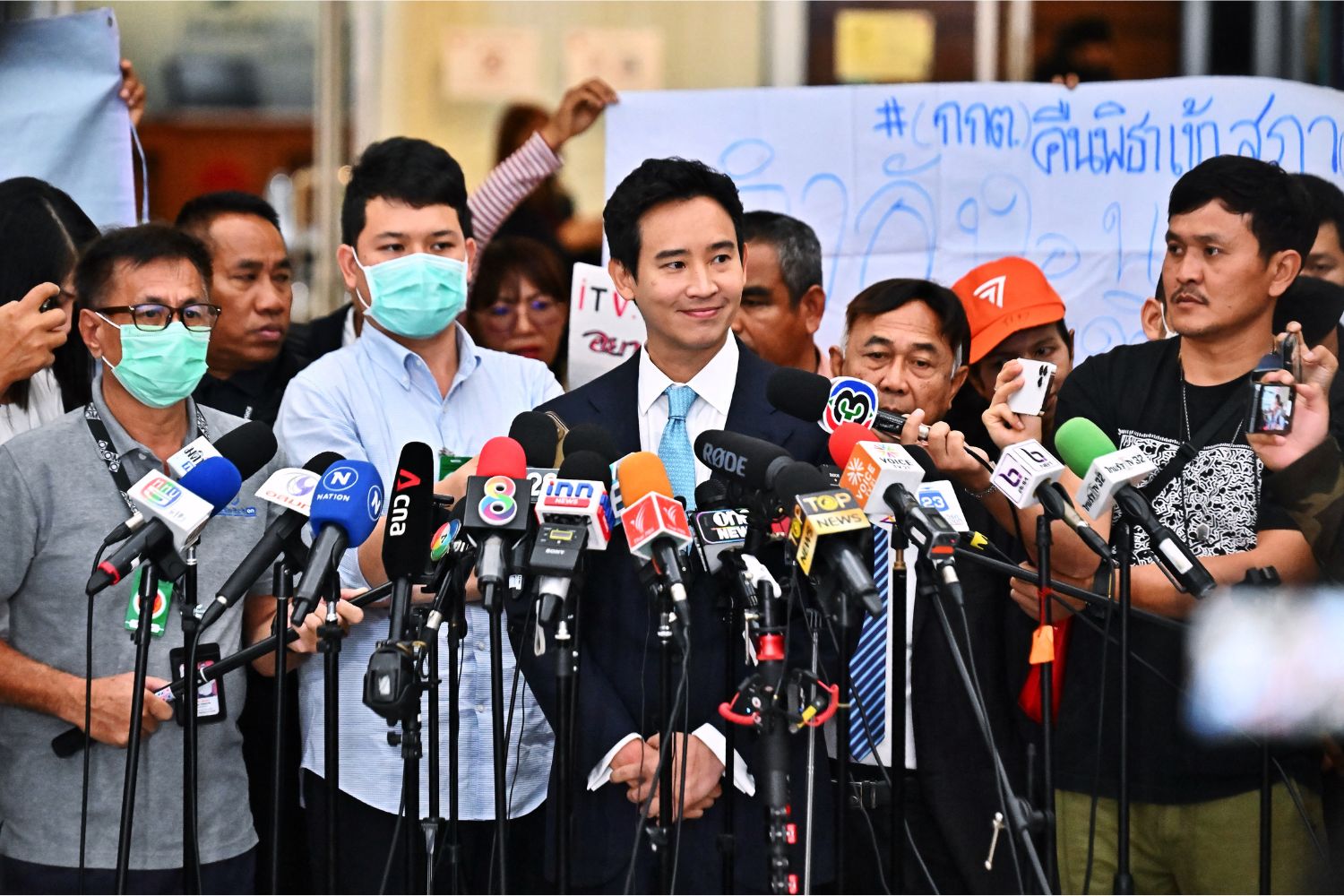Iran is coming out of isolation. The 13th government’s neighbourhood policy has ushered in a new era, according to a report on the Iranian government website.
Iranian Government Spokesman Ali Bahadori Jahromi said Western-Hebrew relations are transforming with the historic agreement between Iran and Saudi Arabia.
The deal was brokered in China after comprehensive Asian negotiations, offering a fresh perspective on regional relations, Jahromi emphasised.
According to him, the security and economic stability of West Asia is now being actively shaped by the nations and governments of the region, free from external interference.
The catalyst for this shift can be traced back to President Ebrahim Raisi’s recent visit to Beijing, where Secretary of Iran’s Supreme National Security Council (SNSC) Ali Shamkhani engaged in intensive negotiations with his Saudi counterpart starting Monday, March 6.
The primary objective was to build upon the agreements made during the president’s trip and resolve longstanding issues between Tehran and Riyadh.
The culmination of these negotiations resulted in signing a tripartite statement in Beijing.
The signatories included Ali Shamkhani, representing the Supreme Leader and serving as the Secretary of the Supreme National Security Council, Musaad bin Mohammed Al Aiban, the National Security adviser and Minister of State of Saudi Arabia, and Wang Yi, Member of the Political Bureau of the Communist Party of China Central Committee, along with the head of the Bureau of the Central Committee of Foreign Affairs of the Party and a member of the State Council of the People’s Republic of China.
This tripartite agreement, signed on Friday, signifies a landmark moment poised to reshape the geopolitical landscape in the region, fostering a new era of cooperation and understanding between Iran, Saudi Arabia, and China.
The accord reflects the commitment of these nations to address regional challenges collaboratively, emphasising a departure from external influences in shaping West Asian affairs.













